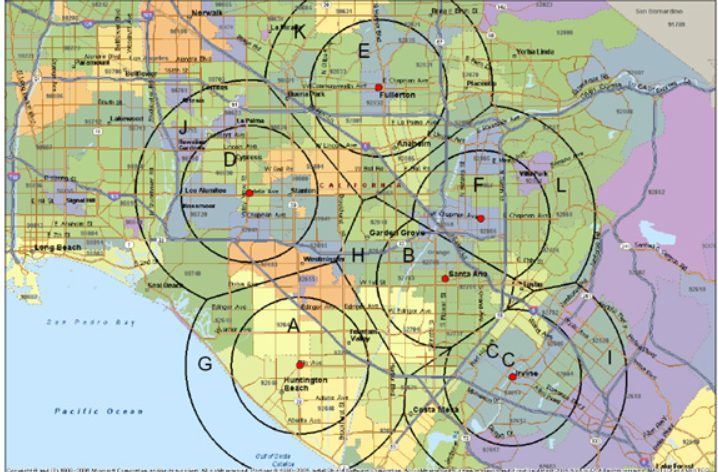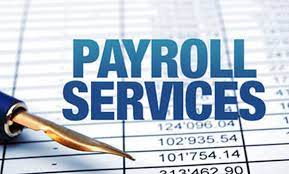The zip code database is a treasure trove of information, far more than just a tool for mailing a letter. It’s a structured system that divides the United States into geographical areas, each identified by a unique five-digit code. This seemingly simple system holds immense value for businesses, researchers, and individuals alike.
Contents
What is a Zip Code Database?
A zip code database is an organized collection of all valid zip codes within the United States, along with associated information. This information can include:
- Geographical Coordinates: Latitude and longitude of the zip code’s centroid.
- City and State: The primary city and state associated with the zip code.
- County: The county in which the zip code is located.
- Time Zone: The time zone applicable to the zip code.
- Demographic Data: Population estimates, median household income, and other demographic information.
Why is the Zip Code Database Important?

The zip code database serves as a foundation for various applications, including:
- Targeted Marketing: Businesses use zip code data to tailor their marketing campaigns to specific demographics and geographical areas.
- Logistics and Delivery: Delivery companies rely on zip codes to optimize routes and ensure efficient delivery of packages.
- Research and Analysis: Researchers utilize zip code data to study demographic trends, assess market potential, and identify areas of interest.
- Emergency Services: Zip codes help emergency responders quickly locate and respond to incidents.
Read More: Do Other Countries Have Zip Codes?
How to Access and Use a Zip Code Database
There are several ways to access and utilize a zip code database:
- Publicly Available Databases: The United States Postal Service (USPS) and other organizations offer free zip code databases with basic information.
- Commercial Databases: Several companies specialize in providing comprehensive zip code databases with advanced features and additional data points.
- Software Tools: Various software applications integrate zip code databases and offer features like mapping, geocoding, and data visualization.
Tips for Using a Zip Code Database Effectively
To get the most out of a zip code database, consider the following tips:
- Choose the Right Database: Select a database that meets your specific needs in terms of data accuracy, completeness, and additional features.
- Understand the Data: Familiarize yourself with the structure and content of the database to ensure you are interpreting the information correctly.
- Clean and Validate Data: Regularly clean and validate your zip code data to ensure accuracy and avoid errors.
- Utilize Software Tools: Leverage software tools to enhance your analysis and visualization of zip code data.
The zip code database is a powerful tool that can unlock valuable insights and drive informed decision-making. By understanding its structure, content, and applications, you can leverage this resource to achieve your goals.




